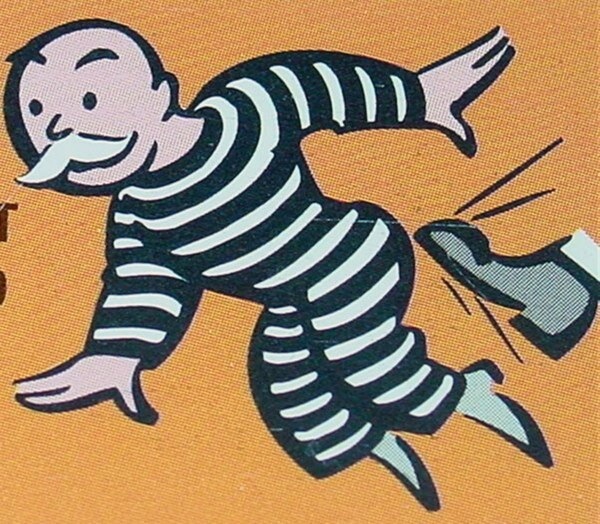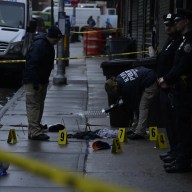By Mark Hallum
A Bronx councilman is responding to concerns about convicted felon Hiram Monserrate re-entering the political arena with a new bill to prevent this from happening again in the future.
Councilman Ritchie Torres (D-Bronx) is still drafting the bill, but if passed, it could bar former lawmakers with felony convictions for corruption from running for elected office in New York City, his spokesman, Raymond Rodriguez, said.
“Under my legislation a conviction for public corruption would become an automatic disqualification for running for public office,” Torres said. “It’s not in the public interest to have a corrupt candidate run for public office, nor is it in the interest to have the city of New York effectively use matching funds to subsidize corruption. I have a simple message for the likes of Hiram Monseratte: If you’ve been convicted of public corruption, you have no business running for — much less serving in — the City Council.”
Although the bill would not keep Monserrate out of office if he wins the Sept. 12 Democratic primary, it is intended for circumstances such as these to prevent future corruption.
Monserrate is running for the seat soon-to-be vacated by Councilwoman Julissa Ferraras-Copeland (D-East Elmhurst) against Assemblyman Francisco Moya (D-Jackson Heights). But he was ejected from state Senate after he was convicted of a misdemeanor after cutting his girlfriend’s face with a piece of glass in 2010. In 2012, Monserrate was sentenced to two years behind bars for stealing $100,000 from his City Council district, funneling the money through a Corona non-profit to fund an election campaign.
Monserrate contends he has served his time and is sorry for his previous actions, but that his return to politics is about addressing issues in Queens and defending everyday New Yorkers.
“My campaign for City Council is all about putting the needs of our community first and representing working families that live in the 21st Council District and not the special interests or the super wealthy one percent,” Monserrate said in a statement.
According to State Board of Elections spokesman John Conklin, “a felony conviction is not a disqualification for public office.”
Felons can run for public office as long as they have served their sentence to completion, which includes prison time and probation in New York state, he said.
Torres will introduce the bill in City Council later this month, Rodriguez said, and it would only apply to city officials.
Reach reporter Mark Hallum by e-mail at mhall

































